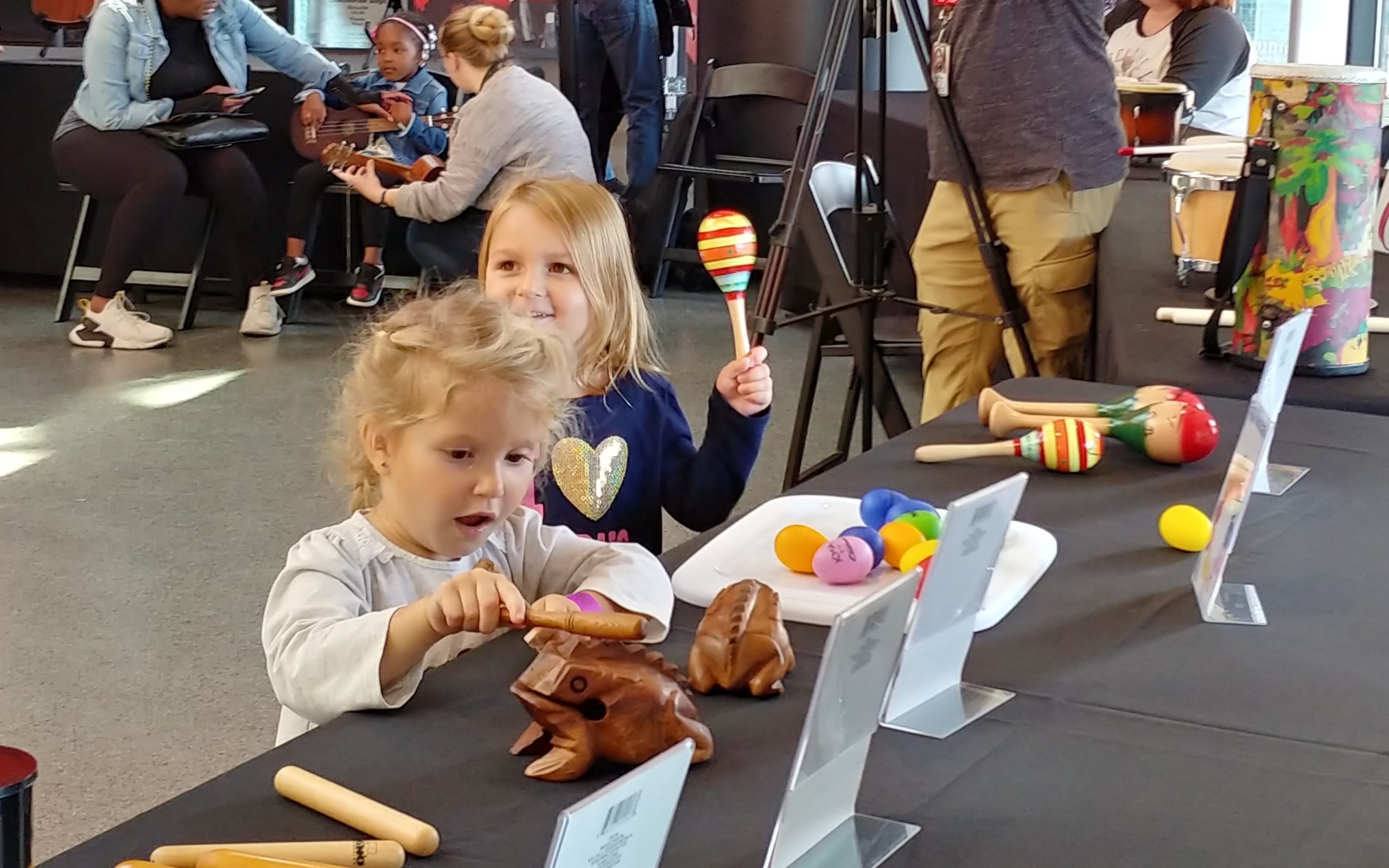 Interview with John DeNovi, DCI’s Senior Director of Global Business Development, conducted by the Make Music Alliance in May 2022.
Interview with John DeNovi, DCI’s Senior Director of Global Business Development, conducted by the Make Music Alliance in May 2022.
Can you tell me about the beginnings of DCI?
DCI dates back to 1972, when it was formed as a way to bring a number of different competitive associations that were in existence at the time under a single set of rules and governance. There was the American Legion, the VFW, there were contests being held by the Catholic Youth Organizations, and there were a lot of independent events. Groups that were performing in a lot of those events wanted to form a league to look after themselves and help plan a national tour and a championship. So, DCI was founded, and set out to help those groups market themselves and to come together and have competitions and train judges and put a rules system in place so that they could have consistency coast to coast.
Can you tell me a little bit about your goals as an organization, and how you grow and reach out to get more people involved?
Our mission statement is to bring the marching arts to more people worldwide by creating a stage and creating the environment for that to occur.
When DCI was founded in 1972 there were a number of small, independent corps that would literally take kids off the street, put an instrument in their hand and teach them by rote, and it served that purpose of getting kids off the street and doing positive things. As DCI progressed through the years, and became more and more developed, it started to really gravitate towards the elite end of the spectrum. In the last 10-15 years DCI got so elite that those kids that we used to take off the street were being left behind. So, we backfilled and created some new opportunities and new programs to identify ways that we could continue to bring as many people as possible into the activity, regardless of their economic status or skill level, or the time commitment that they could put forth. We created two programs, one was called Drum Line Battle, the other was called Sound Sport, and both of those are designed to give young people, and kids of all ages access, so anybody of any age on any instrument or economic status can participate in a DCI program, and do it in a much more affordable way.
That is fantastic! Do people move from these programs into other groups in DCI, if they become serious about playing music?
Absolutely. It has become an on ramp. If your goal is to one day be at the elite level, you can go and get the training at one of the smaller developing groups, work on your skills, and then progress to the higher ranked competitive groups. We have already seen some groups who started several years ago and have graduated and are performing very competitively in DCI’s open class. We are really excited to see that ability for us to plant seeds and grow roots with groups that don’t have to have such a financial commitment from the outset.
What is your vision for DCI in the next few years?
We are celebrating our 50th anniversary season in 2022. With all of the momentum that we had prior to covid, we then hit a speed bump; the 2020 season was completely cancelled, 2021 was a return to the field but with a limited tour schedule, so we took a cautious approach to coming back. This year we are pretty much back, so we are ready to move forward, to continue to look for ways we can provide more diversity, equity and inclusion, and that is going to come from sharing our stage and reaching out to groups within the HBCU world, which we have successfully done this past summer. We will continue to work on that, and we are continuing to expand our international reach.







